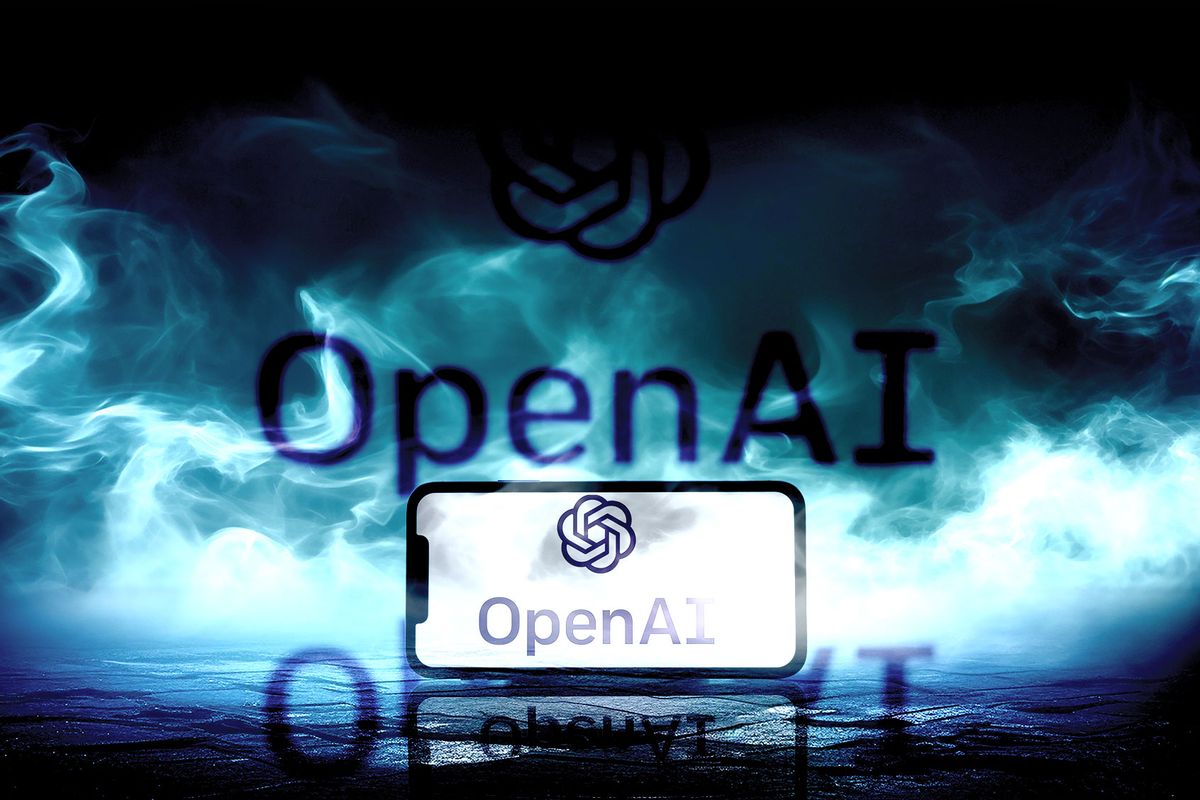A former OpenAI employee who spoke out against what he called illegal copyright violations by the ChatGPT maker was found dead last month in what officials ruled an apparent suicide.
26-year-old Suchir Balaji quit the AI firm in August, telling the New York Times in October that OpenAI illegally used copyrighted data to create its technology, including the flagship ChatGPT. He had quit the firm a few months prior.
“If you believe what I believe, you have to just leave the company,” Balaji told the Times, adding that training on stolen data was “not a sustainable model for the internet ecosystem.”
Balaji posted findings on his personal website in October suggesting that OpenAI’s defense of how it trains its models was inaccurate. The whistleblower alleged the company hadn’t met the qualifications of the “fair use” doctrine it claimed when using a wide array of data.
Weeks later, in late November, Balaji was found dead in his apartment, per the San Jose Mercury News, with authorities finding “no evidence of foul play.” The Bay Area paper claimed that the information Balaji held was expected to be used in upcoming lawsuits against the tech giant.
OpenAI faces a host of lawsuits from multiple industries. Computer programmers and record labels have accused the company’s model of illegally training on their property. News outlets have also cried foul, with the New York Times suing OpenAI last year.
The company, valued at $157 billion during an October round of investments, claims to draw over 200 million weekly active users with ChatGPT, in addition to its Dall-E image generator and recently launched Sora video generator.
The UC Berkeley graduate was hopeful about the benefits of AI when he began working at OpenAI, telling the Times he “thought that A.I. was a thing that could be used to solve unsolvable problems.” Before his death, he told the paper that he was pursuing personal projects.
Balaji isn’t the first corporate whistleblower to pass away shortly after sharing their story this year. Two former Boeing employees died after speaking out against the embattled aviation giant in March and April.



Shares